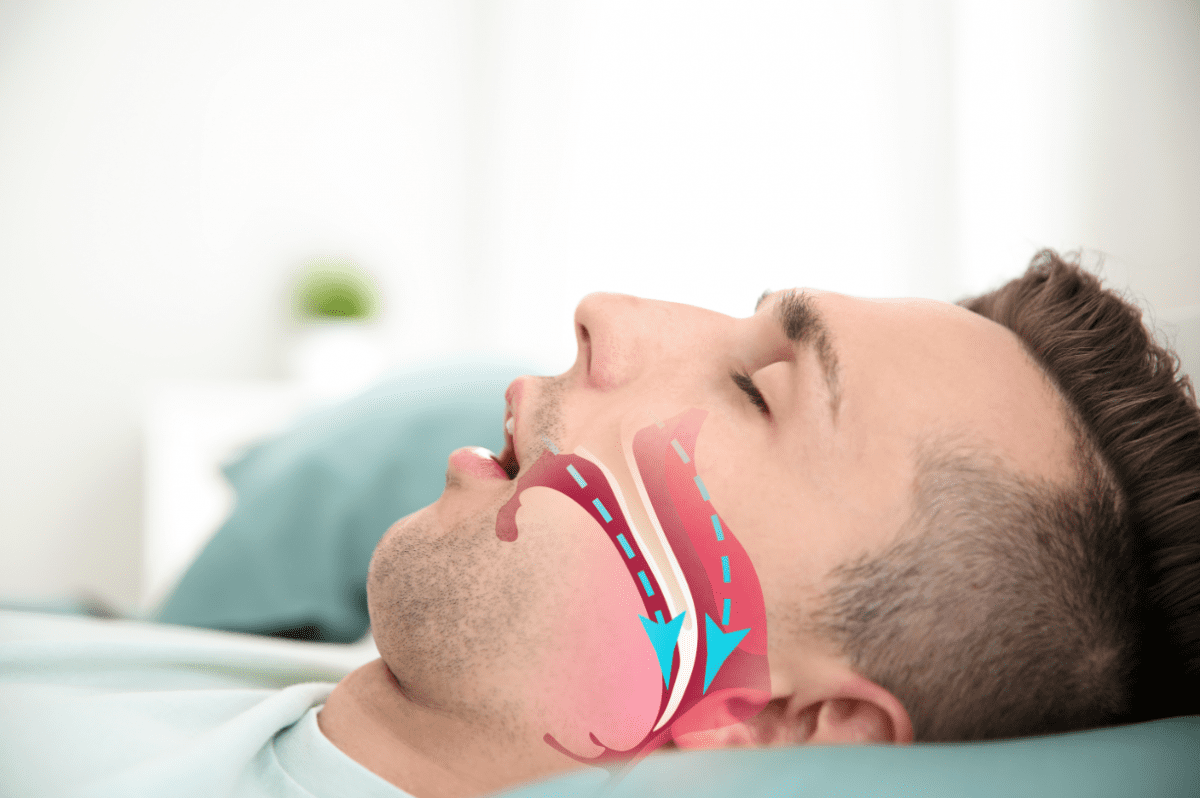Sleep apnea is an issue that can make your sleeping time a nightmare. The problem often affects the breathing system and deters you from enjoying a good night’s sleep. However, most breathing issues at night relate closely to your mouth, nose, and throat and require the attention of Dr. Matthew W. Shawl, who has experience in treating and diagnosing it and can help you turn your unbearable nights into the moment to look forward to every day.
How do you know if you have sleep apnea?
Sleep apnea is an issue that mostly affects your respiratory system at night. Before you have the condition, your sleeping time often goes uninterrupted. However, with the condition, you will notice an inability to breathe properly while resting. This can cause sudden disruptions that affect your general health. Your partner, too, can suffer from the issue, making your nights a time to dread. However, with a quick visit to your otolaryngologist, you can find a quick solution.
Types of Sleep Apnea That Can Affect You
This can exist in two types, and you can suffer one or both. The two conditions include:
Central sleep apnea
This is a situation where you have a communication problem that obstructs your breathing pattern. Your brain can periodically fail to communicate with your muscles, which stops you from breathing in. When such a situation occurs, you immediately wake up gasping for air at night, which can also affect your partner’s sleeping pattern.
Obstructive sleep apnea
This condition affects many people. It happens when your muscles relax, covering the crucial pathways that lead air in and outside your body.
Major Symptoms to Look Out For to Discover Sleep Apnea
Both types often highlight common symptoms. You will realize the following when you have either:
- Irritability
- Snoring loudly
- Insomnia
- Headaches
- Sleeping during the day
Sleep apnea is a moderately dangerous condition that requires prompt attention from your doctor. You can also reach a doctor when you notice your loved one or a person close to you with symptoms. Your doctor will schedule a sleep study to help identify and treat the situation.
How do the ear, throat, and mouth influence sleep apnea?
ENT specialists also help deal with sleep apnea. Consequently, you might receive a recommendation to see an ENT specialist to help deal with it. The following ear, nose, and throat issues can exacerbate this:
- Narrow throat
- Allergic rhinitis
- Enlarged tonsils
- Deviated nasal septum
Two methods exist to help you deal with or eliminate sleep apnea. You can receive medication from your doctor or surgery to help prevent the issue.
What to Expect During Sleep Apnea Examinations
Your doctor will provide you with all the information you need before going for treatment. During diagnosis, you will also find out the best treatment option for you.
Improve your sleep with a visit to an otolaryngologist who will check and diagnose your disorder. Give your partner some peace of mind by having a procedure that will eliminate your problems. Call the office of Matthew W. Shawl, MD today.








